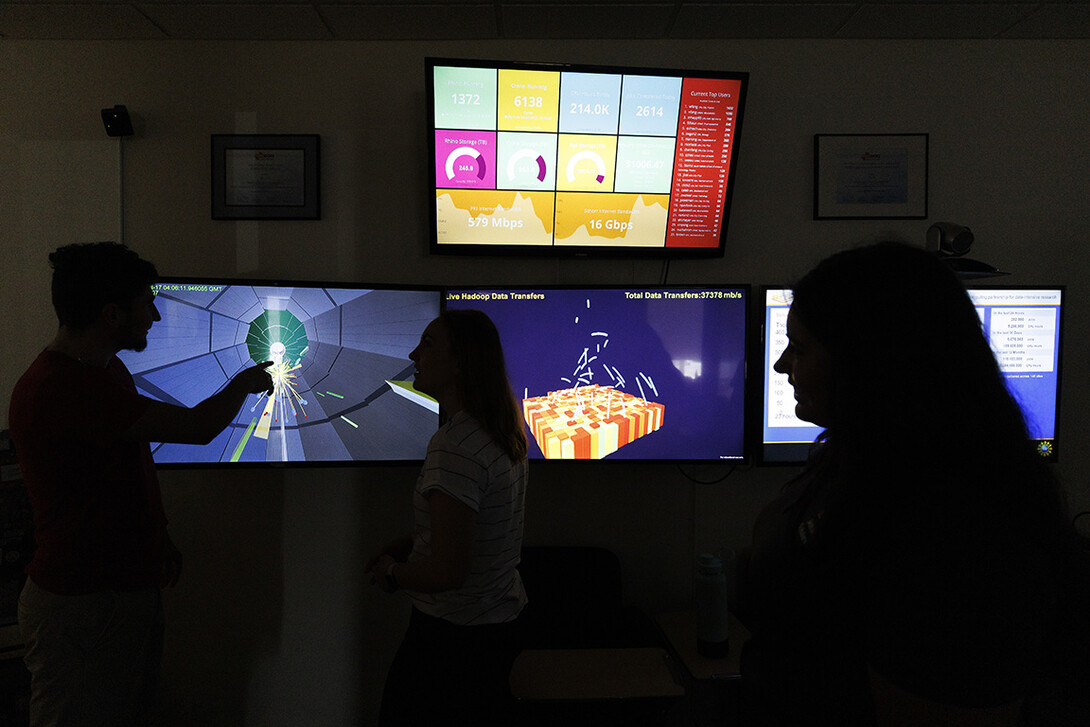
There are many concerning uses of technology, such as malicious use and unintentional bias of artificial intelligence, misrepresentation with deepfakes, privacy eroding tracking software and data collection used in targeted algorithms.
These, and other technology-focused anxieties, prompted Adam Thompson and graduate student, Colton Harper to create an embedded ethics program for computer scientists and engineers at the University of Nebraska–Lincoln. A grant from the Center for Transformative Teaching Teaching Grant enabled Nebraska to become the first land-grant, state university to successfully develop an embedded ethics program into its computer science and engineering program.

After bringing in Quinn White, a former assistant professor of philosophy at NU, and having full support of the Department of Philosophy and School of Computing, the trio applied for and received the CTT’s Student-faculty Collaboration Grant.
“We were super stoked to receive the award,” Thompson said.
Using the model from Harvard as a template, the group developed an embedded ethics pilot program that would work with computer science and engineering courses while coordinating with the Kutak Ethics Center at the university. The program also recruited a diverse group of graduate student teaching assistants from the philosophy department to serve as the teachers for the module.
After the initial run of the module ended, Thompson said students showed concern about causing as little harm as possible in the field of computer science and engineering.
“Beyond personal ethics, they are concerned to understand the political implications of their work,” Thompson said. “For instance, they wonder how the seemingly trivial information gathered through things like social media or eye-tracking software might be used to disenfranchise or discriminate against portions of the population.”
Like any exploratory project, the participants encountered some difficulties but overall were able to create the foundation of an embedded ethics program that will be moving forward at the university after receiving a $20,000 grant from the Gladys Krieble Delmas Charitable Foundation.
“We are the first land-grant, flagship state university to successfully develop an embedded ethics program,” Thompson said. “We are working to publicize the lessons we’ve learned implementing the program at UNL so that other similarly placed institutions can more easily develop a program that fits their needs.”
To view other grant recipients’ stories and submit a proposal for this year’s round of grants, visit the CTT’s website.







